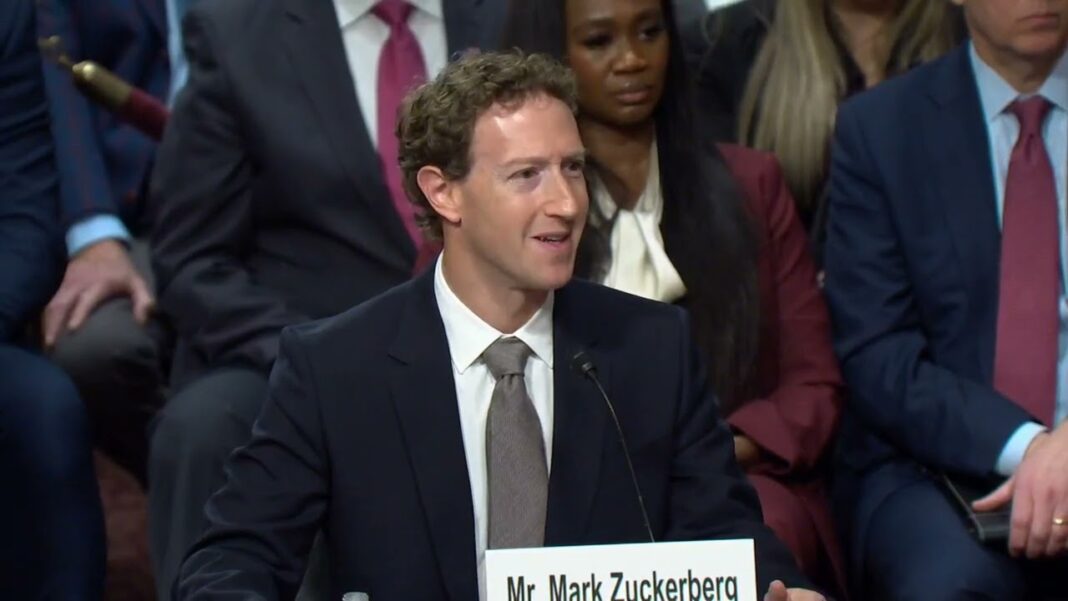The world can no longer avert its gaze from the cautionary tale of what was once South America’s most vibrant and promising democracy.
For some time now, close observers of international affairs have heard rumblings about violations of human rights and freedom of expression in Brazil—the second-largest democracy in the Western Hemisphere behind only the United States.
But apart from honorable mentions by outlets such as The Epoch Times and some independent journalists such as Tucker Carlson (who dedicated an entire prime-time show segment to interviewing me on the subject), the mainstream media in America has largely glossed over what is happening in this strategic ally and economic powerhouse.
It was sometimes difficult to grasp the full scale and magnitude of the crackdown on civil liberties in Brazil, with much of the discussion becoming polarized between the left and right political camps, often rendering it unintelligible to outside audiences. That all changed with Michael Shellenberger’s explosive revelations in the “Twitter Files Brazil“ report.
TWITTER FILES – BRAZIL
— Michael Shellenberger (@shellenberger) April 3, 2024
Brazil is engaged in a sweeping crackdown on free speech led by a Supreme Court justice named Alexandre de Moraes.
De Moraes has thrown people in jail without trial for things they posted on social media. He has demanded the removal of users from social…
Mr. Shellenberger’s meticulous documentation, based on access to internal Twitter communications and legal documentation, lays bare the sweeping censorship campaign allegedly spearheaded by Alexandre de Moraes, a controversial justice on Brazil’s Supreme Federal Court. Mr. de Moraes is also the powerful head of the country’s Superior Electoral Court (TSE).
The Twitter Files allege that Mr. de Moraes has brazenly imprisoned Brazilian citizens without trial for mere social media posts he subjectively deemed offensive or problematic. He has allegedly repeatedly abused his position to unilaterally demand the removal of users from online platforms, as well as outright censorship of specific posts—all while denying those targeted any right of appeal or even access to the evidence used to persecute them.
More disturbingly, according to the Twitter Files, Mr. de Moraes and the Superior Electoral Court under his control illegally demanded that Twitter hand over personal data and IP addresses of users who employed hashtags such as #AuditableDemocraticVote related to calls for greater transparency and auditing of Brazil’s electronic voting systems. They sought to unmask and silence prominent online backers of former President Jair Bolsonaro, in a clear and chilling attempt at anti-democratic election interference that ultimately appeared to benefit Mr. Bolsonaro’s rival, the socialist Luiz Inácio Lula da Silva, now president.






